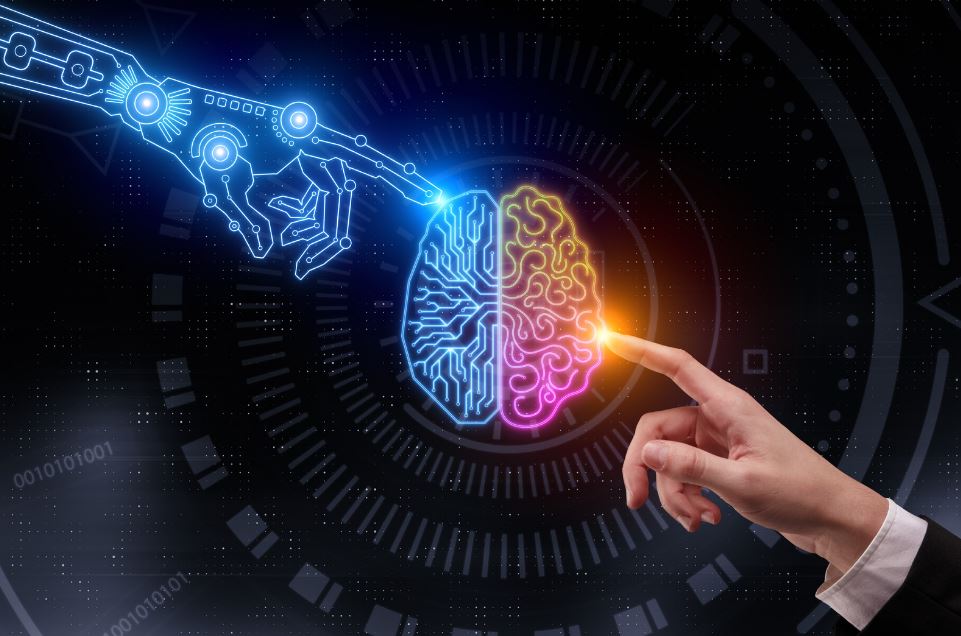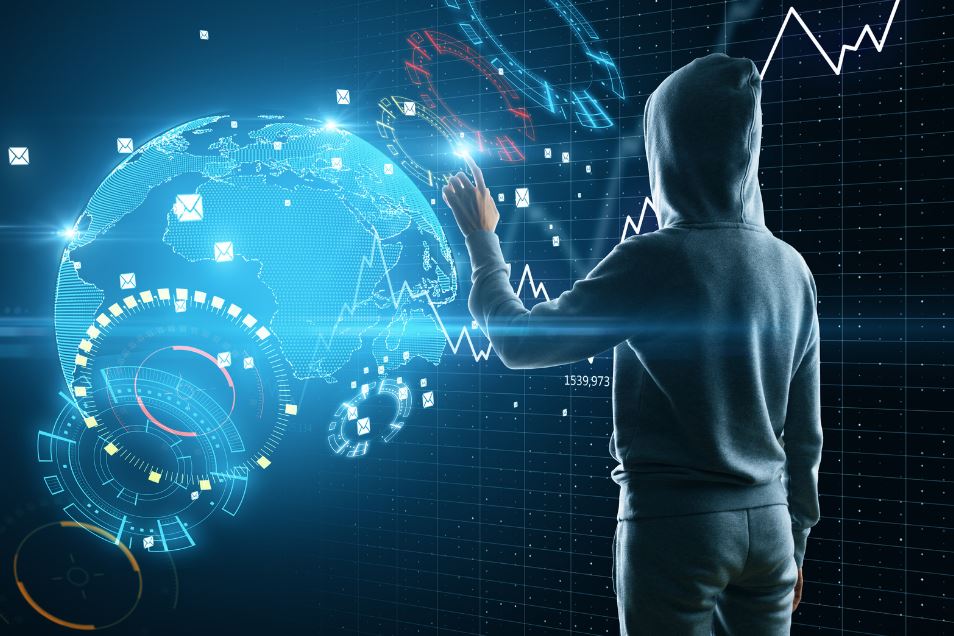Believe it or not, everyone today already uses this technology in their daily lives. But, first let’s take a look at what AI or Artificial Intelligence is exactly.
The concept of AI is that computers will perform tasks that normally require human intelligence. By this we mean: thinking, making decisions, planning, learning and being creative just like a human brain!


A first subdivision is the narrow variant. As I mentioned earlier, artificial intelligence is already well established with us today. This is mainly the narrow variant. Here we are talking about robotic vacuum cleaners, speech and facial recognition systems, robotic lawnmowers, search engines, online shopping, advertising, etc.
In addition, the general variant. Do you like science fiction? Well soon this will be reality! This part of AI consists of fully developed artificial intelligence, which will become separate from humans. Examples of this are: self-driving cars, robots, …
But… it’s been around longer than you think! Some AI technologies have been around for more than 50 years. How come this is only now evolving? Progress in computing power, the availability of huge amounts of data and new algorithms have led to breakthroughs.

We are currently studying the phenomenon of speech to text or speech recognition, transcription. Would you like to know more about our research? Feel free to contact us for an open conversation!
It is undeniable, artificial intelligence can optimize many things in our society. From better public health through better detection of diseases, to automation and the like. How is this possible? DATES! The ‘big data’ that is currently collected by the medical sector, for example, is impossible for humans to comb through and recognize patterns. Artificial intelligence can recognize patterns in no time and make assumptions based on these correlations.
The technology of the future will also make access to information easier, improve online education and training, etc.
For companies, it means revolutionizing entire sectors such as the circular economy, agriculture, healthcare, tourism, and so on.
In addition to the many opportunities that AI brings to our society, there are of course also dangers. Artificial intelligence is estimated to be 14% of all jobs in OECD countries (estimation, EP Think Tank 2020). 32% of jobs will go through a change. There will be a shift in the labor market. Certain jobs will disappear and new ones will be created. The downside here is that training and education will be required to keep up with the accelerated changing market.
Resources
Aan de slag